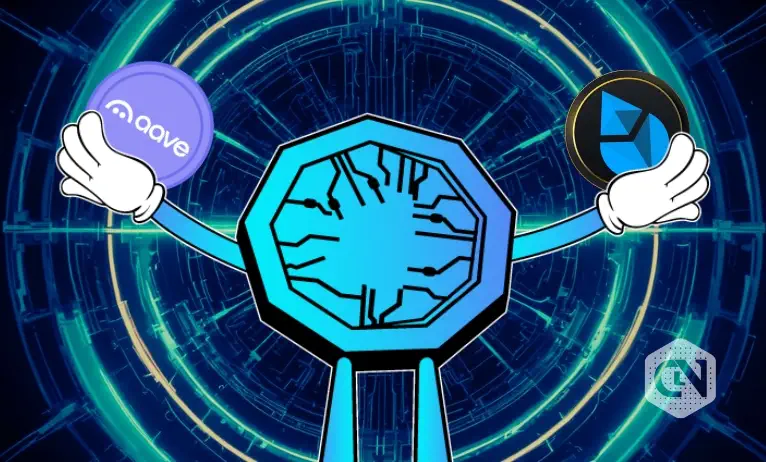Aave Labs has announced the launch of Aava DAO’s Aave V3 ETH Lido pool. It collaborates with Lido Finance sETH and wstETH to provide a more tailored financial solution in the future. Both partners are committed to bringing their capable solutions to the table. For instance, Aave will extend the flexibility of V3’s architecture, while Lido will provide liquidity incentives and rewards to users and builders, respectively. Ultimately, it is about extending support to the future growth of Lido’s ecosystem.
The flexible architecture of V3 is handy as it enables developers to deploy solutions that cater to unique risk profiles, like isolated collateral markets. The Lido pool demonstrates the capability and versatility to optimize specific use cases, further underscoring DAO’s commitment to promoting innovation and collaboration within the confines of decentralized finance.
Aave DAO has chosen the Lido-specific market for several benefits.
For starters, it solidifies the native ecosystem’s position as the industry’s go-to platform for wstETH users. They will be able to maximize their staking returns by earning additional rewards on top of wrapped stETH. The second benefit pertains to improved economics. Aave DAO can effectively tune collateralization and interest rate parameters, which will benefit both the DAO and its users.
Other benefits are increased liquidity and long-term growth.
The Lido Alliance’s isolated risk profile and incentives are projected to attract a large number of inflows into the Aave ecosystem, which, in turn, stimulates liquidity on a wider scale. Long-term growth entails expansion in Aave’s TVL—that is, total value locked—and market share plus revenue streams. The decision to develop the Lido-specific market has been described as strategic.
Aave has a current supply of $4.63 billion in stETH. This assists users by allowing them to participate in earning stake rewards while also securing the network. Users prefer the native mechanism because it eliminates the minimum requirement of staking to earn rewards. The traditional mechanism seeks a base of 32 ETH for staking accounts. stETH, on the other hand, supports any number of user stakes.
ADCV, a contributor to Lido DAO, has appreciated the mechanism, saying that it underscores the impact of Lido’s liquid staking derivatives by opening new avenues for innovation. ADCV has further stated that the development highlights Aave’s commitment to advancing Ethereum decentralization validation.
Stani Kulechov, the Founder and Chief Executive Officer of Aave Labs, has congratulated Aave DAO on this development. Stani has called it the first specialized market, adding that it is just the beginning with a lot of potential for the future of additional optimized pools.
Marc Zeller, the founder of the Aave Chan Initiative, stated that the new market instances allow for use-case-oriented hyper-efficient versions of Aave, as well as controlling the risk of adding to the new frontier of the DeFi ecosystem.
Aave, per the latest reports, has $4.63 billion in stETH in supply.
Credit: Source link















































